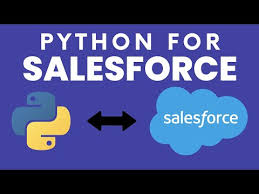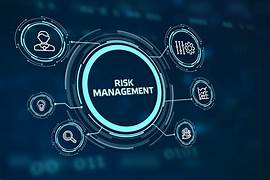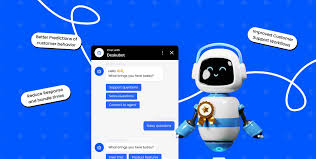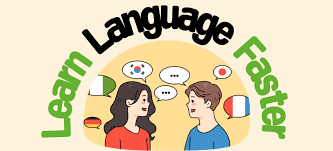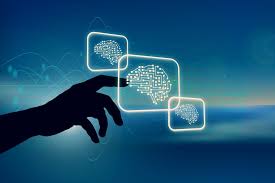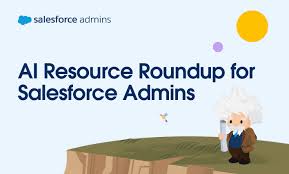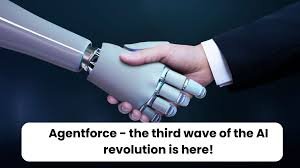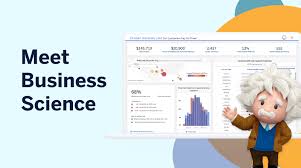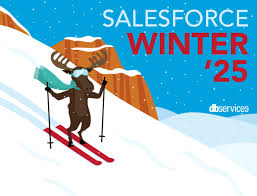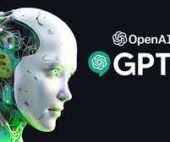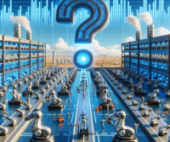Python Losing the Crown
For years, Python has been synonymous with data science, thanks to its robust libraries like NumPy, Pandas, and scikit-learn. It’s long held the crown as the dominant programming language in the field. However, even the strongest kingdoms face threats. Python Losing the Crown. The whispers are growing louder: Is Python’s reign nearing its end? Before you fire up your Jupyter notebook to prove me wrong, let me clarify — Python is incredible and undeniably one of the greatest programming languages of all time. But no ruler is without flaws, and Python’s supremacy may not last forever. Here are five reasons why Python’s crown might be slipping. 1. Performance Bottlenecks: Python’s Achilles’ Heel Let’s address the obvious: Python is slow. Its interpreted nature makes it inherently less efficient than compiled languages like C++ or Java. Sure, libraries like NumPy and tools like Cython help mitigate these issues, but at its core, Python can’t match the raw speed of newer, more performance-oriented languages. Enter Julia and Rust, which are optimized for numerical computing and high-performance tasks. When working with massive, real-time datasets, Python’s performance bottlenecks become harder to ignore, prompting some developers to offload critical tasks to faster alternatives. 2. Python’s Memory Challenges Memory consumption is another area where Python struggles. Handling large datasets often pushes Python to its limits, especially in environments with constrained resources, such as edge computing or IoT. While tools like Dask can help manage memory more efficiently, these are often stopgap solutions rather than true fixes. Languages like Rust are gaining traction for their superior memory management, making them an attractive alternative for resource-limited scenarios. Picture running a Python-based machine learning model on a Raspberry Pi, only to have it crash due to memory overload. Frustrating, isn’t it? 3. The Rise of Domain-Specific Languages (DSLs) Python’s versatility has been both its strength and its weakness. As industries mature, many are turning to domain-specific languages tailored to their specific needs: Python may be the “jack of all trades,” but as the saying goes, it risks being the “master of none” compared to these specialized tools. 4. Python’s Simplicity: A Double-Edged Sword Python’s beginner-friendly syntax is one of its greatest strengths, but it can also create complacency. Its ease of use often means developers don’t delve into the deeper mechanics of algorithms or computing. Meanwhile, languages like Julia, designed for scientific computing, offer intuitive structures for advanced modeling while encouraging developers to engage with complex mathematical concepts. Python’s simplicity is like riding a bike with training wheels: it works, but it may not push you to grow as a developer. 5. AI-Specific Frameworks Are Gaining Ground Python has been the go-to language for AI, powering frameworks like TensorFlow, PyTorch, and Keras. But new challengers are emerging: As AI and machine learning evolve, these specialized frameworks could chip away at Python’s dominance. The Verdict: Python Losing the Crown? Python remains the Swiss Army knife of programming languages, especially in data science. However, its cracks are showing as new, specialized tools and faster languages emerge. The data science landscape is evolving, and Python must adapt or risk losing its crown. For now, Python is still king. But as history has shown, no throne is secure forever. The future belongs to those who innovate, and Python’s ability to evolve will determine whether it remains at the top. The throne of code is only as stable as the next breakthrough. Like Related Posts Salesforce OEM AppExchange Expanding its reach beyond CRM, Salesforce.com has launched a new service called AppExchange OEM Edition, aimed at non-CRM service providers. Read more Salesforce Jigsaw Salesforce.com, a prominent figure in cloud computing, has finalized a deal to acquire Jigsaw, a wiki-style business contact database, for Read more Service Cloud with AI-Driven Intelligence Salesforce Enhances Service Cloud with AI-Driven Intelligence Engine Data science and analytics are rapidly becoming standard features in enterprise applications, Read more Health Cloud Brings Healthcare Transformation Following swiftly after last week’s successful launch of Financial Services Cloud, Salesforce has announced the second installment in its series Read more

